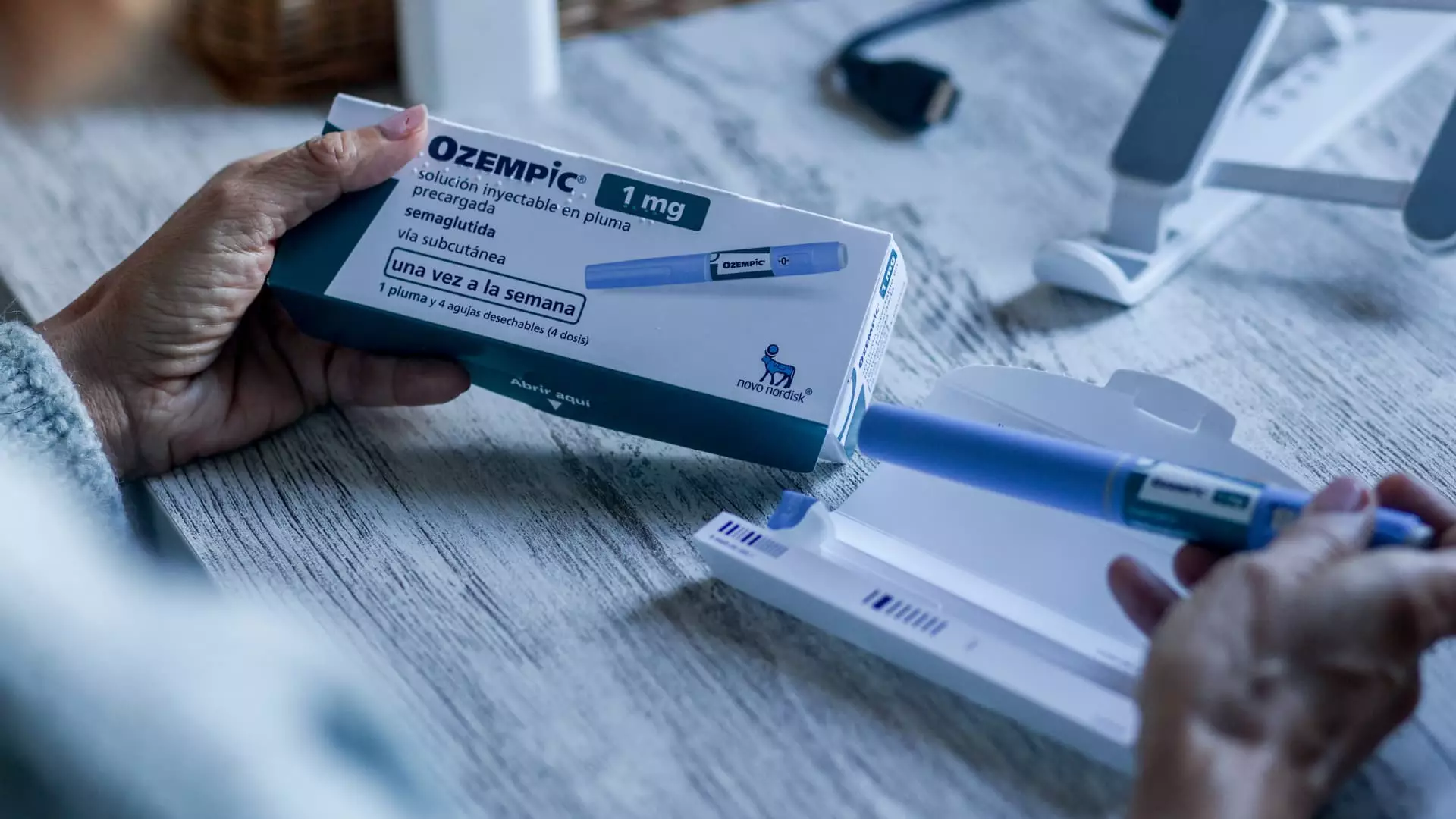The demand for weight loss drugs in the U.S. is on the rise, despite their high costs and limited insurance coverage. A recent survey by Evercore ISI revealed a concerning trend – the willingness to pay out of pocket for these treatments varies significantly based on income levels. Participants with annual incomes of more than $250,000 indicated they were willing to spend more than $300 per month for GLP-1 treatments, while those with incomes below $75,000 were only willing to pay $50 or less per month.
The survey also shed light on how income influences the duration of treatment. Participants with higher incomes were more likely to continue treatment for an extended period, while those with lower incomes tended to discontinue treatment sooner. This income divide not only affects access but also underscores concerns about equity in healthcare.
One of the major reasons for discontinuing treatment among participants was the high cost associated with GLP-1s. More than 80% of those who discontinued treatment did so within 12 months, with cost being a significant factor. Some participants reported stopping treatment after reaching their weight loss goals or experiencing side effects, highlighting the financial burden of these medications.
While nearly half of current GLP-1 users expressed their intention to stay on the drugs permanently, only a small percentage of those considering treatment shared the same sentiment. The discrepancy between intentions and reality raises concerns about the sustainability of treatment, especially considering the high costs involved. Additionally, the survey findings indicate that a significant number of participants faced challenges in maintaining weight loss after discontinuing treatment.
Participants reported significant changes in eating and drinking habits while on GLP-1 treatments. The majority noted a decrease in appetite and alcohol consumption, resulting in weight loss. However, the survey also highlighted the challenges faced by individuals with preexisting conditions, such as diabetes and high blood pressure, in managing their diets while on these medications. This underscores the need for personalized care and support for patients with comorbidities.
Despite the promising results of GLP-1 treatments in curbing appetite and promoting weight loss, more research is needed to understand their long-term effects on individuals with different health conditions. Studies on the impact of these drugs on alcohol consumption and overall health outcomes are crucial to informing clinical practice and improving patient care.
The high cost of weight loss drugs poses a significant financial barrier for many individuals, limiting their access to essential treatments. Addressing income disparities in willingness to pay for these medications and supporting patients with personalized care are crucial steps towards ensuring equitable healthcare delivery. Continued research and evidence-based practice are essential to optimize the benefits of GLP-1 treatments and improve patient outcomes in the long run.


Leave a Reply